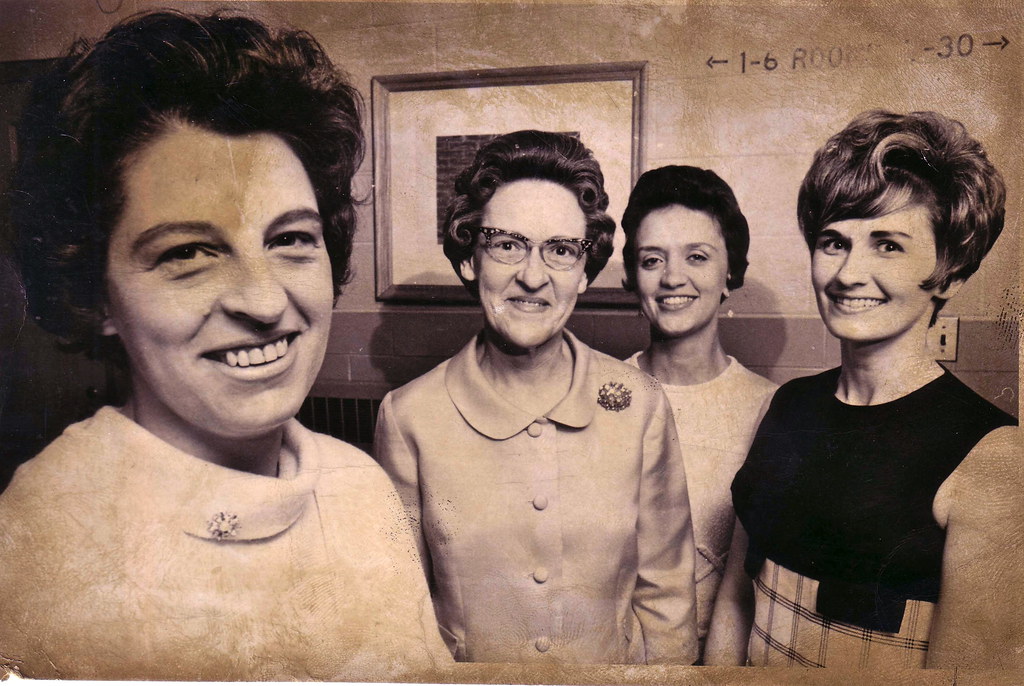![]()
This provides a rationale each for treating earlier cases as contributing to the law and for the doctrine of stare decisis. Other issues being equal, it is higher if the regulation is predictable than if it is unpredictable.
Law is, for people on welfare, repeatedly encountered in probably the most odd transactions and events of their lives. Legal guidelines and practices are implicated in determining whether and how welfare recipients will have the ability to meet some of their most urgent wants.
As well, this community adds race, gender, socioeconomics and public policy to the discourse of biotechnology and bioethics. Research and scholarship from scholars in this community will contribute to the foundational blocks in new biotechnology regulation. The Biotechnology, Bioethics, and The Law CRN serves as a forum for researchers, students, and college students to contemplate points where regulation, science, society, and medicine meet. This CRN seeks to encourage interaction between scholars from numerous disciplinary views who focus on the authorized, social, and cultural dimensions of mental properties–including patents, copyrights, trademarks, commerce secrets and techniques, and rights of publicity. Intellectual properties, and the processes of globalization of which they’re a component, are an particularly promising and necessary area for collaborative research of the kind that law and society scholars have long pioneered.
But there’s a vast physique of circumstances decoding and applying those articles, and these cases are frequently cited earlier than the courts to help them in reaching their selections, despite the fact that judgments themselves do not …



